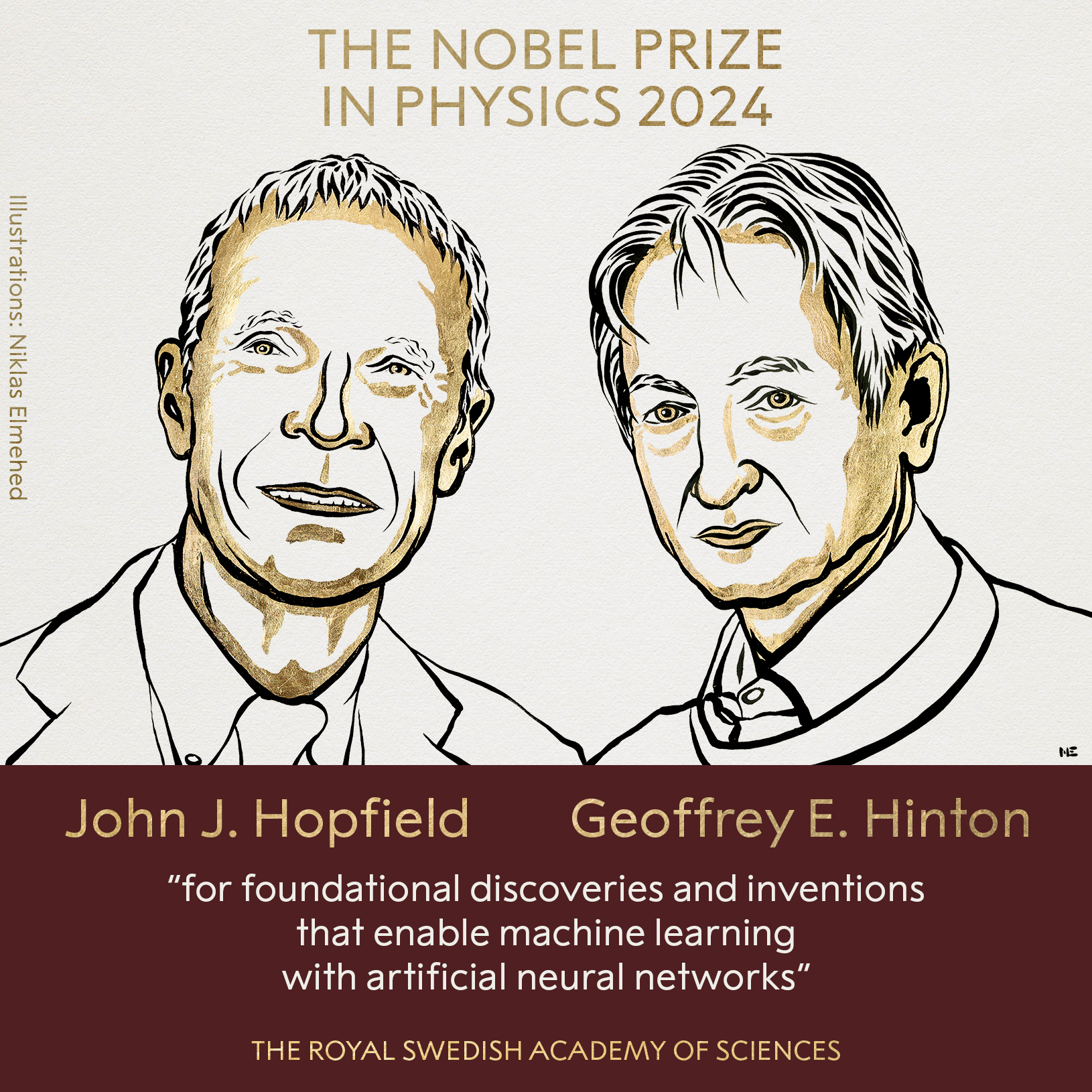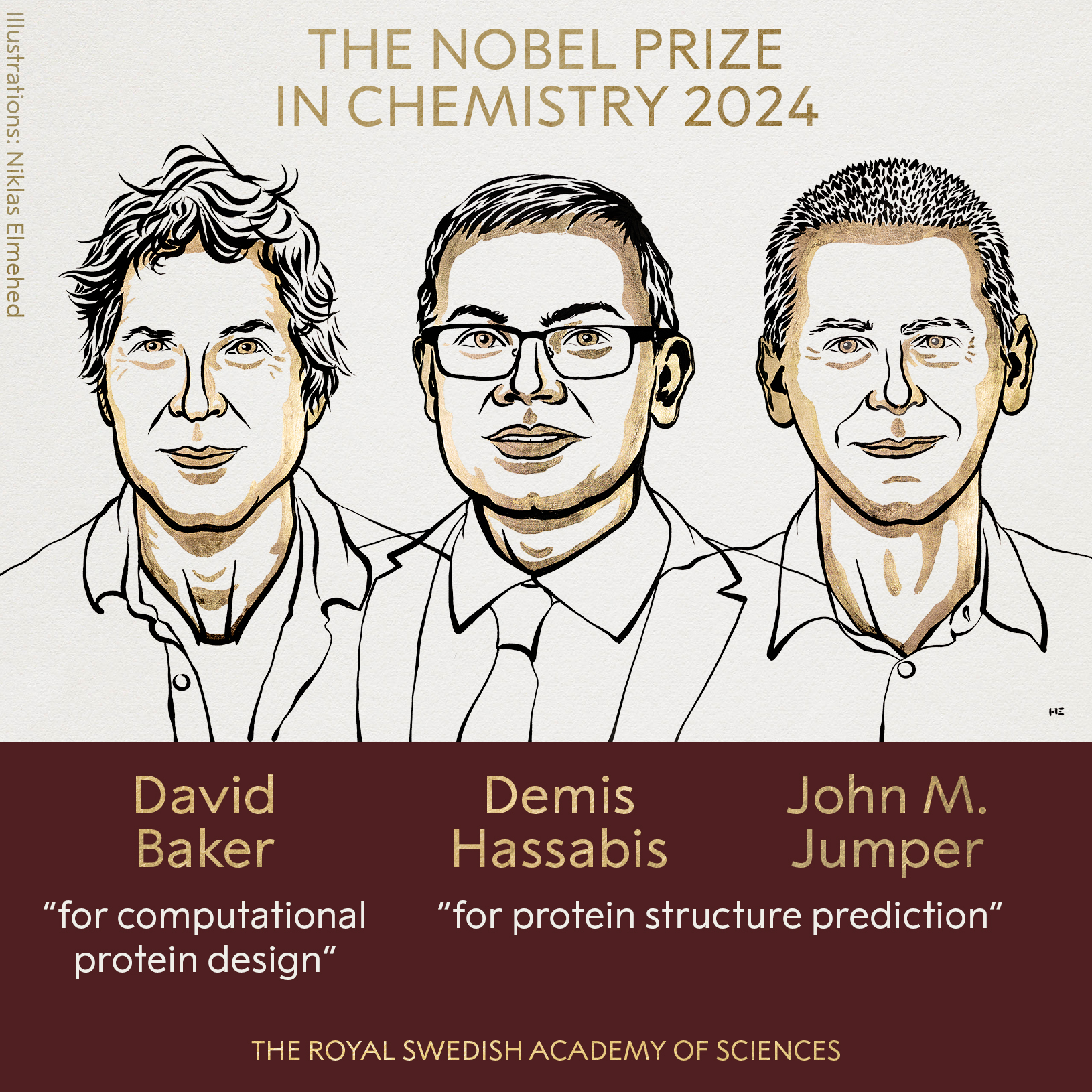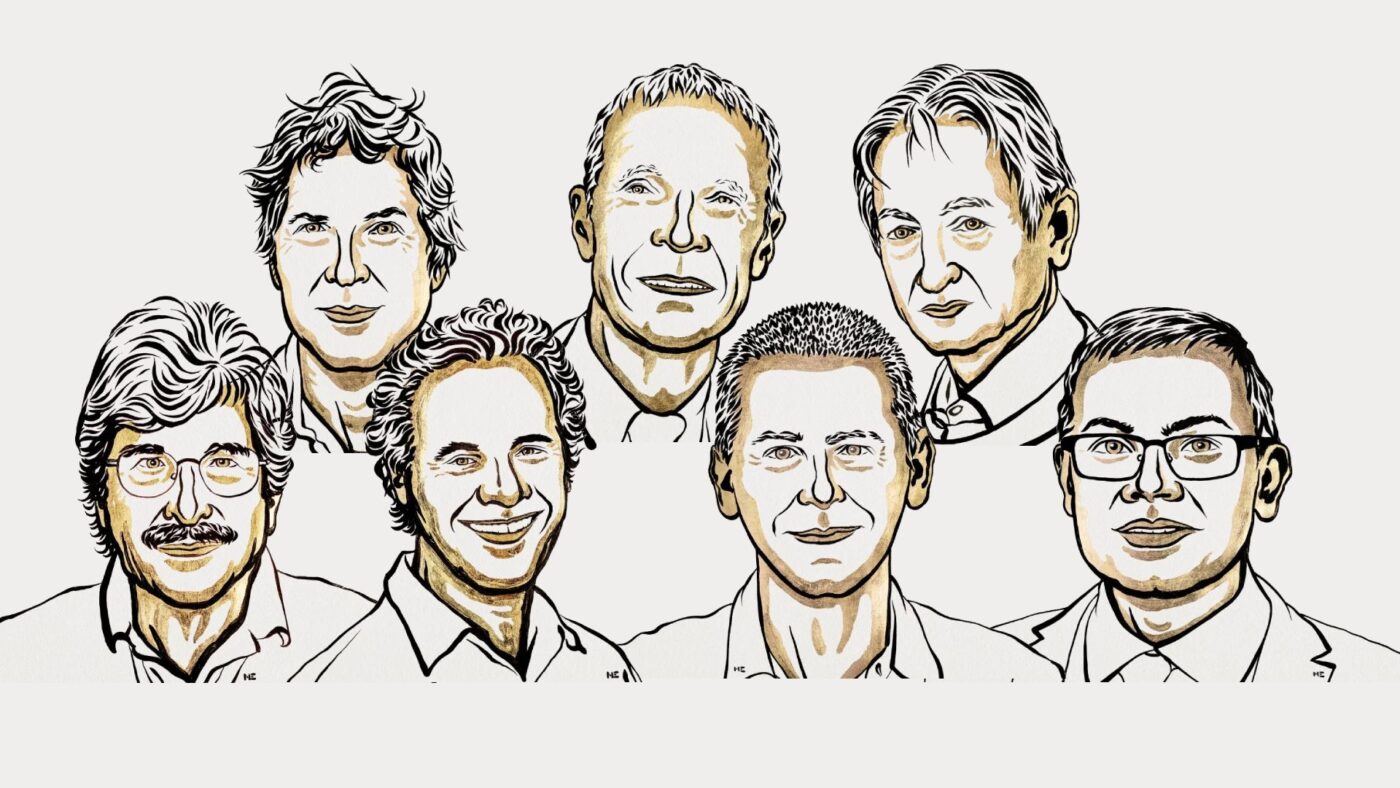At this year’ s 2024 Nobel Prizes , the awards in Medicine, Physics and Chemistry celebrate research that has radically broadened our understanding of the world around us, and our understanding of the world around us , from the mechanisms that regulate genes to innovations in artificial intelligence and understanding in artificial intelligence and the understanding of molecules such as proteins.
The laureates ‘ work has not only changed their respective fields, but also opened up new possibilities for the future. In this article, we will explore the findings that have led these scientists to receive this international recognition.

Nobel Prize in Medicine 2024
The 2024 Nobel Prize in Physiology or Medicine has been awarded to Victor Ambros and Gary Ruvkun for their groundbreaking discovery of microRNA, a small RNA molecule that has transformed our understanding of gene regulation. This discovery has revealed a key mechanism for controlling gene activity in multicellular organisms, which is essential for their development and function.
Ambros and Ruvkun identified that microRNAs do not encode proteins, but play a crucial role in inhibiting the expression of other genes, which regulates the production of specific proteins at the right time. This process, initially discovered in the worm C. elegans, has been shown to be vital throughout the animal kingdom.
Ambros and Ruvkun’s work is deeply rooted in previous studies on gene regulation, such as the 1965 Nobel prize awarded to François Jacob and Jacques Monod.
This discovery represents a key breakthrough in the understanding of gene regulation, with a major impact on the development of therapies for rare diseases. Research on how microRNAs control gene expression opens up new avenues to design innovative treatments based on the modulation of these gene regulators, an approach that OLIGOFASTX is actively exploring to combat rare diseases through advanced gene therapies.

Nobel Prize in Physics 2024
The Nobel Prize in Physics 2024 has been awarded to John J. Hopfield and Geoffrey E. Hinton for their groundbreaking discoveries that laid the foundations for machine learning with artificial neural networks, a technology inspired by the workings of the human brain and essential to modern artificial intelligence.
John Hopfield, from Princeton University, developed in the 1980s a neural network that functions as an ‘associative memory’. This network is able to store patterns, such as images, and reconstruct them even when they are distorted, autonomously adjusting its connections to provide the best match. His model was based on principles of physics, specifically the ‘spin’ of atoms, and transformed the way artificial memory was understood.
On the other hand, Geoffrey Hinton, from the University of Toronto, advanced the field by creating the Boltzmann Machine, a model that allows neural networks to automatically identify features in data. Using concepts from statistical physics, his invention allows machines to learn autonomously and recognise complex patterns, such as faces in images or patterns in large volumes of data. This breakthrough has been crucial for the development of algorithms that are now used in artificial intelligence, in tasks ranging from image classification to the creation of new data samples.
Both scientists, using tools from physics, have paved the way for the advancement of machine learning, with applications that are now transforming research in areas such as materials physics, medicine and technology.

Nobel Prize in Chemistry 2024
The 2024 Nobel Prize in Chemistry has been awarded to David Baker for his work in computational protein design, and to Demis Hassabis and John M. Jumper for their advances in protein structure prediction using artificial intelligence.
The recognition highlights fundamental discoveries in the field of proteins, which are essential for life, as they are involved in virtually all biological processes. David Baker has succeeded in creating entirely new proteins with applications ranging from medicine and vaccines to the development of nanomaterials and sensors. This breakthrough opens up new possibilities for designing proteins with specific functions.
In 2020, Demis Hassabis and John M. Jumper developed the AlphaFold2 AI model, which is able to predict the three-dimensional structure of proteins from their amino acid sequence, a problem that has challenged scientists for decades. This breakthrough has transformed the study of proteins, allowing the structure of almost all known proteins to be predicted and applied in areas such as antibiotic resistance and the development of enzymes that can break down plastics.
Both achievements represent a major leap forward in biotechnology and offer incalculable benefits for scientific research and human health.
The discoveries awarded the 2024 Nobel Prizes have not only expanded our scientific understanding, but also have the potential to revolutionise the treatment of rare diseases. These achievements bring us ever closer to an era in which science and technology work together to address the most complex and hitherto unattainable medical challenges. together to address the most complex and hitherto unattainable medical challenges.
Sources:

 Español
Español
